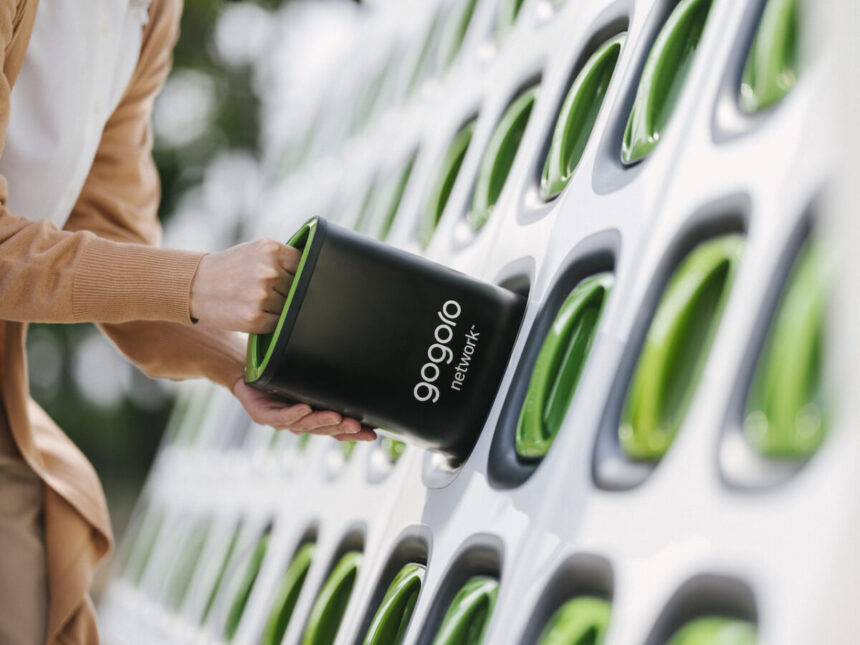EV battery swapping: fast, but not necessarily good business
Will Girling — February 21, 2024
Without standardisation or a diversified business model, choosing where to deploy battery swap stations will require careful consideration.
For the mass market transition to electric vehicles (EVs) to be a success, automakers will need to ensure their product portfolios offer the range, efficiency, and performance that customers expect. The battery charging experience is one of the most crucial everyday considerations, so it is no surprise that divergent opinions are emerging on what solution represents the fastest, cheapest, and most eco-friendly.
While private and public charge points arguably dominate industry discourse, battery swapping could offer a viable alternative. MarketsandMarkets forecasts that the global battery swapping market could grow from US$1.7bn in 2022 to US$11.8bn by 2027. Although substantially lower than the EV charger market’s estimated value by the same year (US$56.1bn, according to Fortune Business Insights), some players champion battery swapping as an EV adoption accelerator that resolves prominent charger issues, including long queues and grid overload.
Others are less convinced. “The problems with mass market battery swapping are infrastructure and standardisation,” states Alexandre Audoin, Head of Automotive Industry at Capgemini. “I don’t think it’s economical to have a swap station for every brand product.” With the European and US industries pinning their hopes on charger networks, can battery swapping distinguish itself as a profitable and pragmatic enterprise?
Source: www.automotiveworld.com


